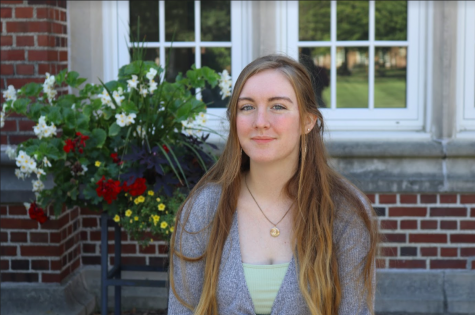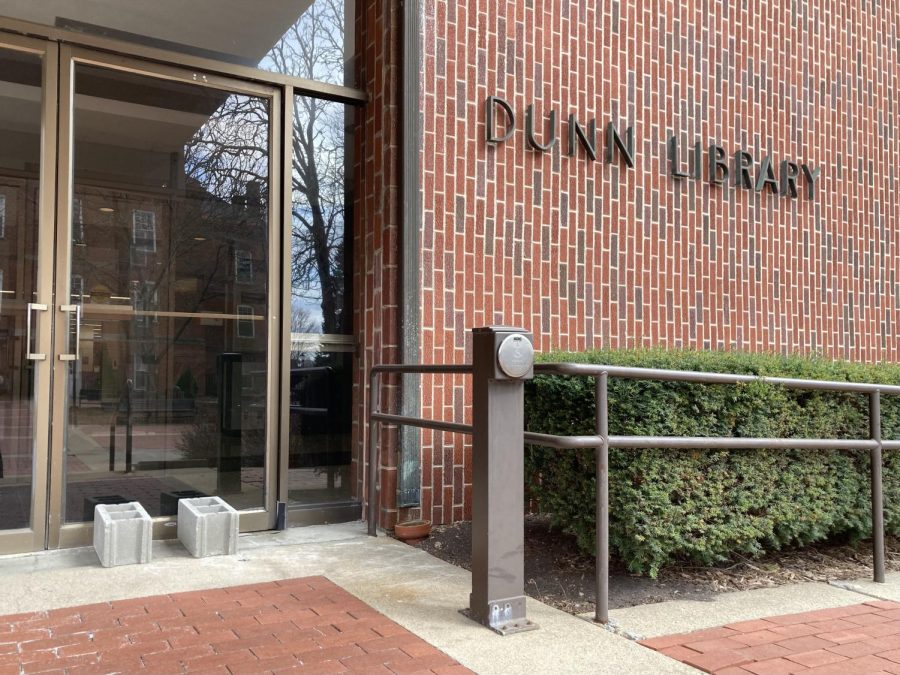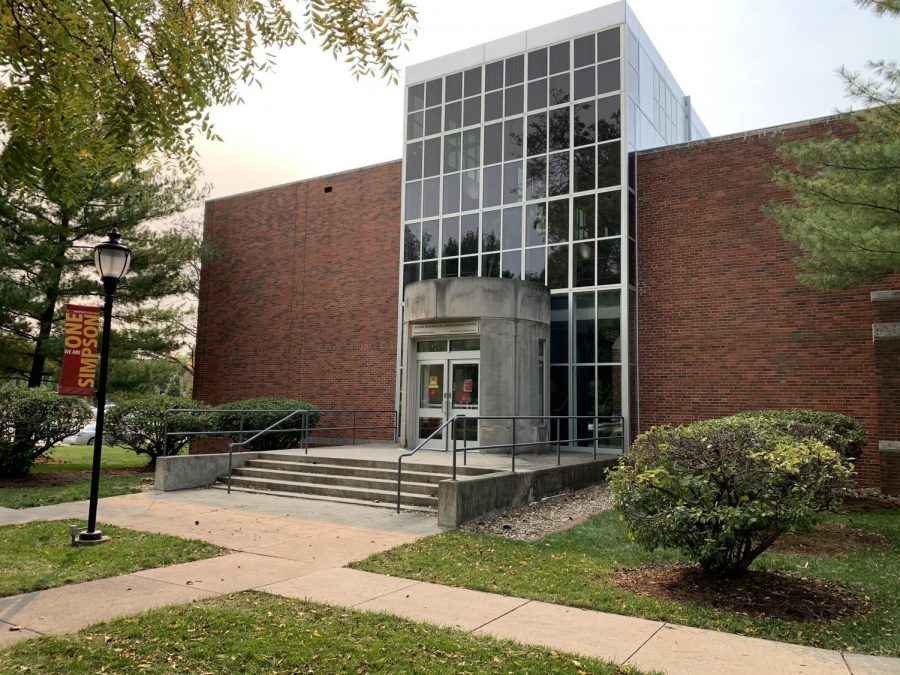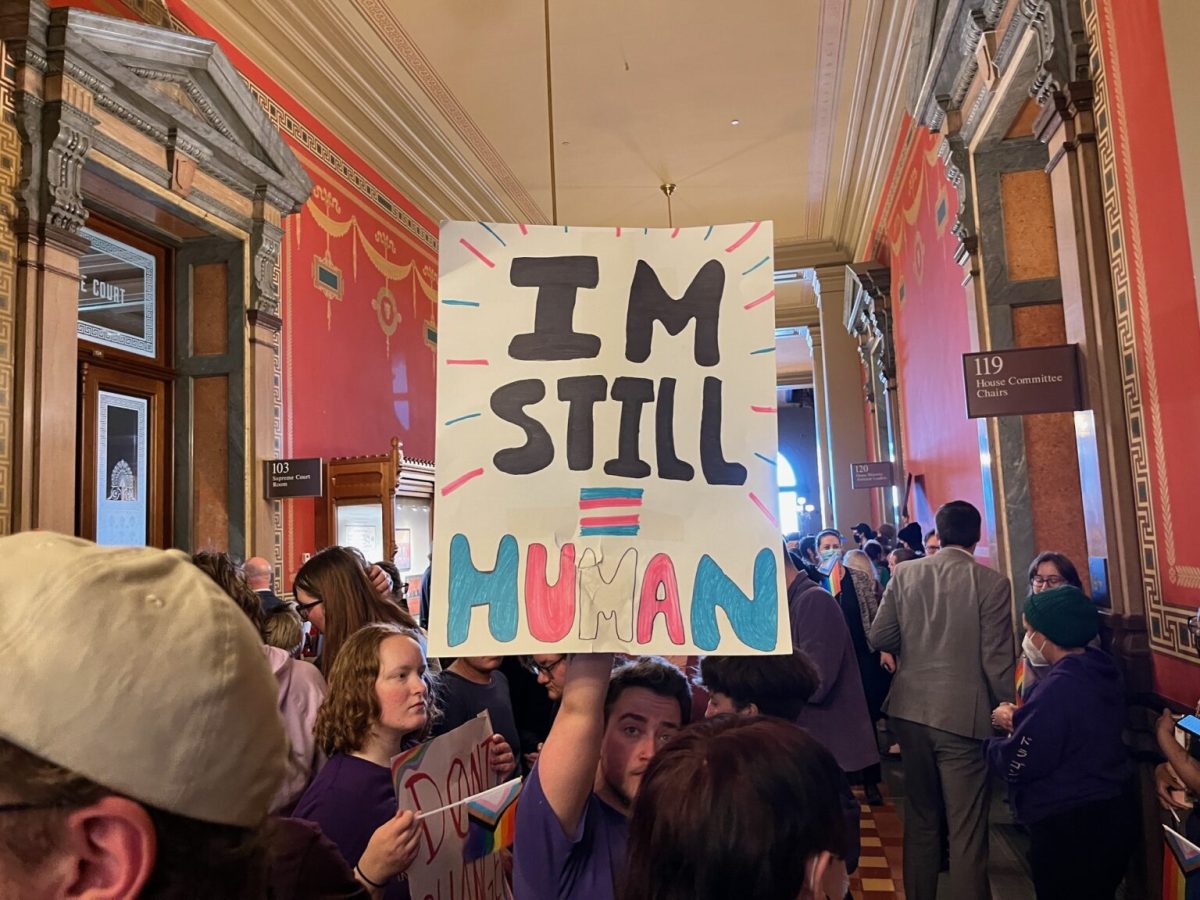Lack of seats in intercultural communication courses causes frustration
Seniors are struggling to get into Spanish classes which carry Intercultural Communication credits needed to graduate.
December 8, 2021
All students are required to take an intercultural communication course before they graduate; however, many students are finding themselves struggling to get into classes with an intercultural communication designation, putting their graduation on the line.
Many upper-level students found themselves unable to get into an intercultural communication class and have been put on waitlists for these classes.
Katie Pantzar and Lani Cruse are senior class senators who have decided to bring this issue forward to the college’s administration.
“Because our language department was cut, there just aren’t enough seats in Spanish classes for students,” Pantzar said. “We have a whole bunch of students and only a few seats available every semester for these Spanish credits.”
Simpson College stopped offering French and German in 2018 due to a decline in student interest. Additionally, 25 faculty positions were cut at the same time.
According to SC Connect, four Spanish classes are offered on campus in the spring 2022 semester with the intercultural communication designation: SPAN-110, SPAN-111 and SPAN-221. Both 100-level courses are full.
SPAN-221 has three seats left and a prerequisite of SPAN-111 or department approval. Some seniors report that they are enrolled in a 200-level Spanish class despite not having taken Spanish since high school.
Senior Spanish Major Korie Torres worries about students taking SPAN-221 without experience in a 100-level Spanish course.
“The jump from a 100-level Spanish class to a 200-level Spanish class is huge,” Torres said. “I have helped a numerous amount of my friends in their Spanish 110 and 111 classes as they were never understanding class material and struggled to pick up the language quickly.”
Pantzar believes intercultural communication classes are valuable to students and wants more opportunities to take those courses.
“The issue arises when it’s preventing people from graduating because the courses are so inaccessible,” Pantzar said. “We’re hoping by bringing this forward to administration…we can start to see more options.”
Pantzar and Cruse met with Vice President for Diversity, Equity and Inclusion Keyah Levy on Dec. 7 to discuss issues students face trying to earn the intercultural communication credit.








